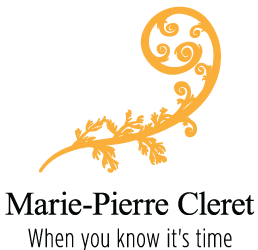Since 2005, I have used an outcome measure in my practice, which was developed by psychologists in the US in the 1980s. This system is very brief and only takes a couple of minutes to do. It has been well researched and well validated against older well established measures (such as the OQ45).
It is entirely based on the client’s view of how they are progressing. I chose it because it gets my clients to provide real time feedback about how they are experiencing therapy with me on a session by session basis. We measure what impact (if any) therapy is having on your life through looking at your level of wellbeing from session to session. We also track how you experience the work itself with me. If I am off track in some way, I can correct what isn’t working for you right away.
This measure not only lets you know whether or not your results are tracking as you might expect them to if you were getting average or better than average results compared to another person in a roughly similar position to yours. It also lets you know how effective I am as a therapist, in comparison to other therapists worldwide who use such outcome measures. For some years, my effectiveness score has been tracking at ‘above average’ with between 81% and 83% of my clients reaching or exceeding the baseline needed to demonstrate that they have reached significant and sustained change.
Posted in: Frequently asked questions
